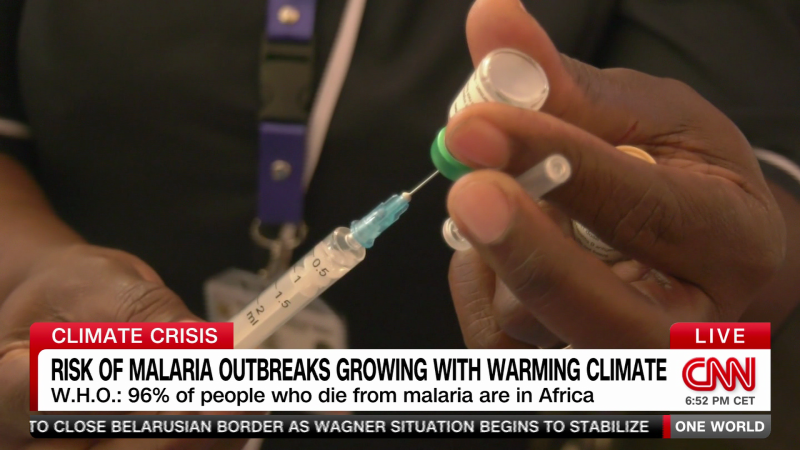As climate change ravages the global ecosystem, Kenya is a country that experiences its effects firsthand. While other countries struggle against drought and famine, Kenya faces rising temperatures and disease-spreading mosquitoes. These mosquitoes have long been a major health threat in Kenya, but the country has worked hard to control the spread of malaria, a mosquito-borne illness, in recent years. However, its hard-won gains against malaria are now being threatened by rising temperatures and shifting weather patterns.
Kenya’s malaria fight began in 2002, when the country implemented an ambitious plan to reduce malaria deaths and infections. Since then, the government has made tremendous progress in limiting the spread of the illness, in part by distributing anti-malarial bed nets to combat the mosquitos. Coupled with campaigns to reduce the number of mosquito larvae, these measures have drastically reduced the levels of malaria in the country.
However, recently, the progress that Kenya has made against malaria has been put in danger. According to a study by the World Health Organization, rising temperatures caused by climate change are leading to a greater number of disease-carrying mosquitoes in Kenya. The temperature increase is also putting the efficacy of the bed nets in danger, as mosquitoes can now survive in areas which were previously too cold for them.
The study recommended a number of measures to counteract the effects of climate change on malaria in Kenya. These suggestions include the implementation of greater public health campaigns to raise awareness of the dangers of mosquito-borne illnesses, as well as the distribution of more effective bed nets. Additionally, the authors suggested that proactive measures should be taken to monitor changes in temperature and humidity levels, so that populations can be alerted to the risk of the spread of malaria before it begins.
Ultimately, the success of Kenya’s efforts to fight malaria will rest on the nation’s ability to combat climate change. If temperatures continue to rise, the hard-won gains that the country has made in recent years could be quickly lost. Kenya must take decisive action now if it is to preserve its progress against malaria. Without a reduction in greenhouse gas emissions and preventive steps to protect vulnerable populations, the future of Kenya’s fight against the illness is uncertain.































